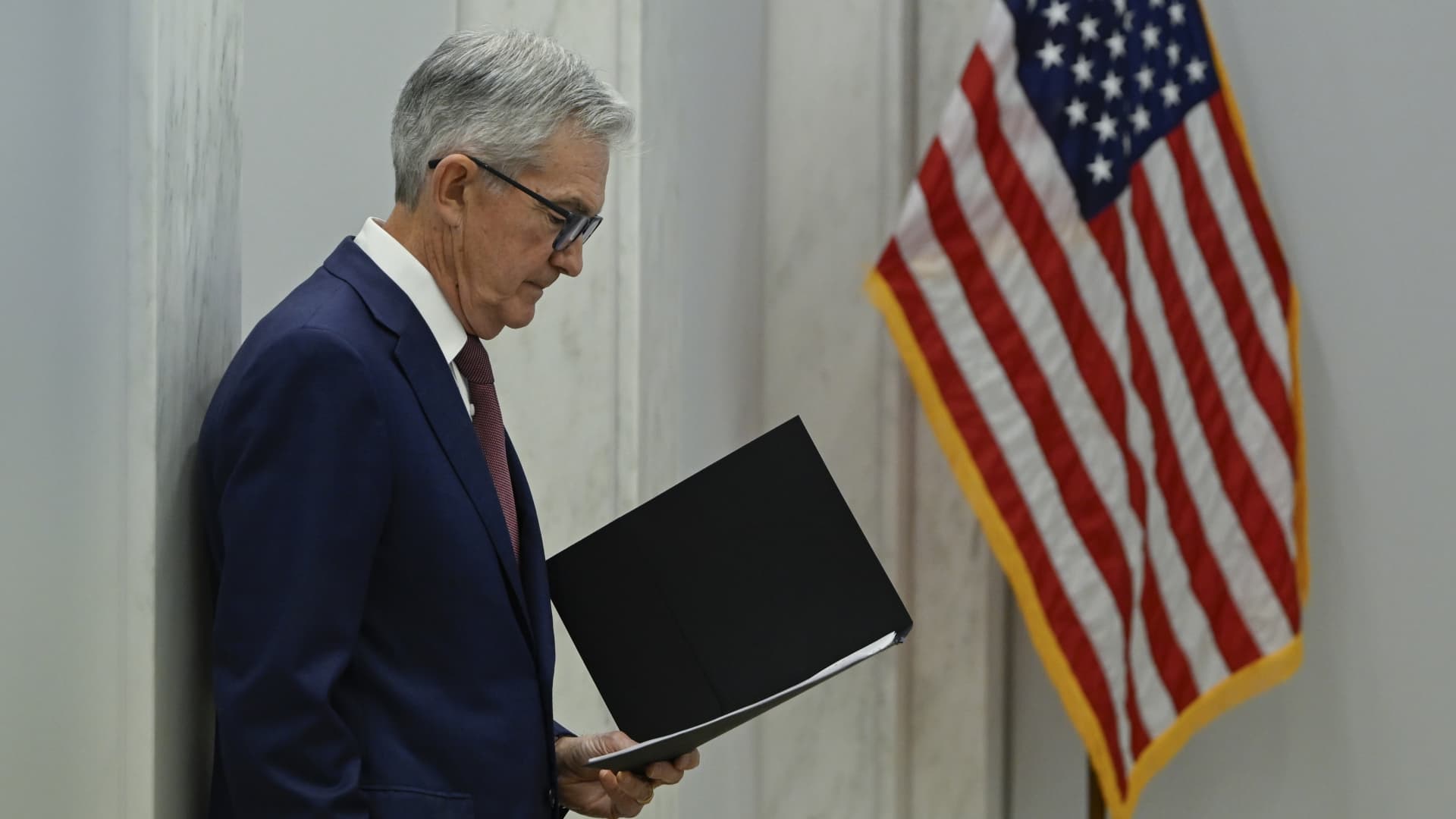A groundbreaking bipartisan report from the House Select Committee, signed by both Democrats and Republicans, is urging the United States to reevaluate its economic ties with China, proposing significant measures to sever and redefine the relationship. The 53-page report, prompted by concerns over China’s “multi-decade campaign of economic aggression,” advocates for a strategic reset, emphasizing the need to address vulnerabilities that could extend to military conflicts.
Key Recommendations of the Report
The comprehensive recommendations include:
- Tariff Reevaluation: Recommends the phasing in of a new set of tariffs on China, challenging the low tariff rates granted after its World Trade Organization accession in 2001.
- Disclosure Requirements: Proposes mandatory disclosure for publicly traded American companies regarding their ties to China.
- Technological Independence: Encourages increased investment in American research and manufacturing capacity to counter China’s dominance in critical sectors, such as pharmaceuticals and minerals.
- Alliance Coordination: Advocates the development of a plan to coordinate economically with allies in the event of a Chinese government attack on Taiwan.
- Capital and Technology Flow Control: Suggest measures to cut off the flow of capital and technology between the U.S. and China.
Shift in Bipartisan Consensus
The report reflects a significant shift in the bipartisan consensus on China, highlighting concerns over China’s economic dominance and potential weaponization of economic ties. While a decade ago, the prevailing view emphasized the stabilizing force of economic interdependence, today’s concerns focus on the risks of strategic vulnerability and the need for contingency plans.
Challenges and Frictions
While many of the report’s recommendations may face hurdles in Congress, lawmakers, including Republican Representative Mike Gallagher, express the urgency of legislative action to bring clarity to dealings with China. The report underscores the evolving nature of the U.S.-China relationship, acknowledging the economic burden of proposed changes while emphasizing the necessity of reducing Beijing’s influence.
Potential Economic Impact and Opposition
Raising tariffs on China, a key recommendation is likely to encounter resistance from businesses due to increased import costs and potential economic slowdown. The report acknowledges the economic burden and suggests considering additional appropriations to support affected sectors. However, trade groups, including the Retail Industry Leaders Association, caution against tariff increases, citing potential harm to American businesses and retaliation from China.
International Implications and Diplomatic Response
The report’s proposals may further strain relations with China, prompting reactions from the Chinese Embassy, which stated that the recommendations contradict principles of fair competition and market economy. The potential economic impact of tariff changes could also create friction at the World Trade Organization, where accusations of weakening trade rules have been raised.
Legislative Path Forward
The lawmakers anticipate the report to guide bipartisan legislation on China in the coming months, signaling a united front against perceived economic threats. Despite potential challenges and differing views on protectionism, the report emphasizes a unanimous stance among committee members on the need for a comprehensive reassessment of U.S. economic engagement with China.







